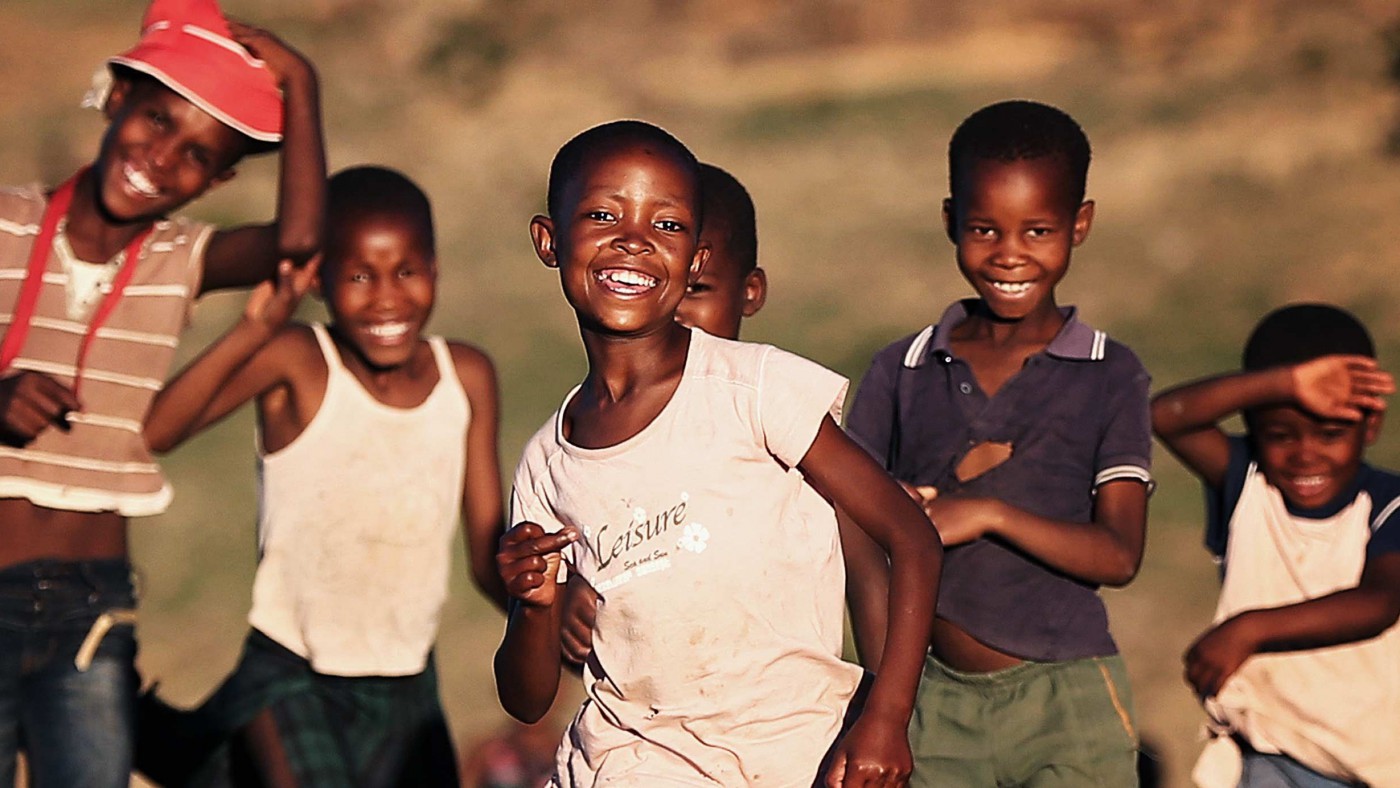A new report issued today by the World Health Organisation has found that child mortality, perhaps the most cruellest deprivation associated with poverty, has fallen by over half (53%) since 1990. This is wonderful news but there is still a long way to go. A child born in sub-Saharan Africa has a 1-in-12 chance of dying before their fifth birthday. In wealthier nations that risk is 1-in-147. We have to consider why there is still such a yawning gap between rich and poor nations.
Victims of child mortality often come up against malaria, cholera, pneumonia and diarrhoea. It’s mostly preventable stuff – defeated by basic infrastructure, access to clean water and nutritious food, shelter against the cold, vaccinations against the maladies. You could say these are the responsibilities of local governments – who are too often distracted by embezzlement – and aid organisations, and it would be wrong to discount the role that international aid, driven by UN Development Goals, has had in leading to today’s outcome.
But it can’t be said that the nations of the industrialised Western world defeated the harsh exigencies of life in the 19th and 20th century because of large amounts of generous relief from other parts of the world. They did so because they adopted what Deirdre McCloskey calls the bourgeois values, a set of beliefs that allowed the great discoveries of Edward Jenner and Alexander Fleming to be commercialised and brought to billions around the world inexpensively.
Bjorn Lomberg understands this very well. His organisation the Copenhagen Consensus Centre has identified 19 global issues that would maximise the return on aid spending and state action. These include cutting indoor air pollution, encouraging family planning, increasing immunisation, but also– and perhaps most importantly – reducing trade restrictions, boosting agricultural yields by 40% and massively expanding education in sub-Saharan Africa, particularly for girls. Writing for City AM, Lomberg argues that completing the stalled Doha Round of trade negotiations would raise GDP in the developing world by $7 trillion, or $1,000 per head each year by 2030. This is more than the $2.5bn pledged in aid packages by world governments between 2015-2030. Free trade would leave the world 10% richer than it otherwise would be, but there are strong vested interests standing in the way.
The truth is we are astonishingly ignorant about what is happening in the developing world. It is worth watching this recent interview with Hans Rosling, a well-respected medical statistician, who debunks some of our preconceptions. It is also worth following his Gapminder project, which offers a “fact-based worldview”, and Max Roser’s Our World in Data, which covers a range of measurable indicators of progress.
“You need more than the media to grasp the World”. Watch me vs. TV arguing about World Facts. https://t.co/HPG7XhWZU0
— Hans Rosling (@HansRosling) September 4, 2015
Increasing prosperity by building the institutions that underpin it – rule of law, accountable and effective government, and an educated citizenry – is what it will take to tackle issues such as child mortality, malnutrition and global inequality. There is much more to be done.


